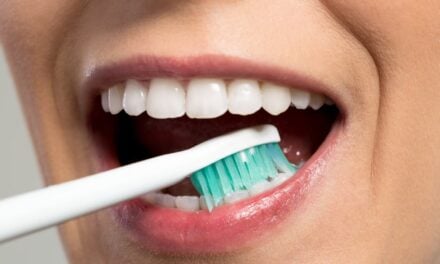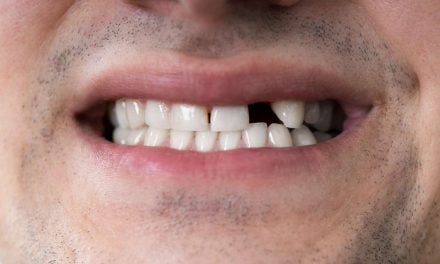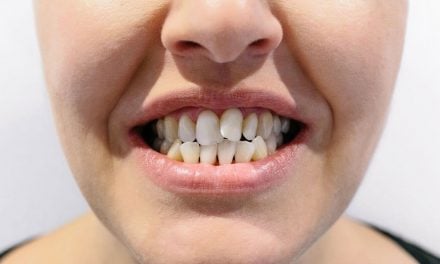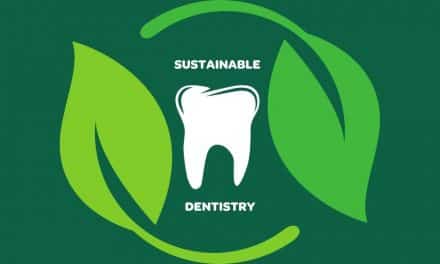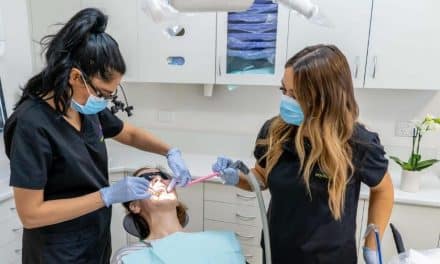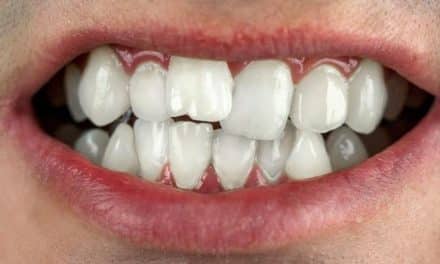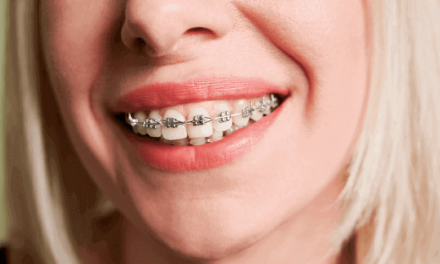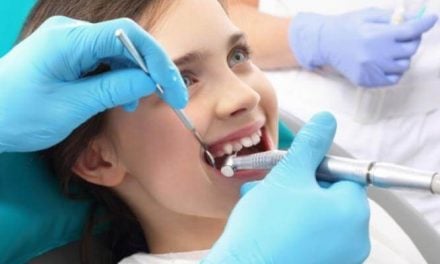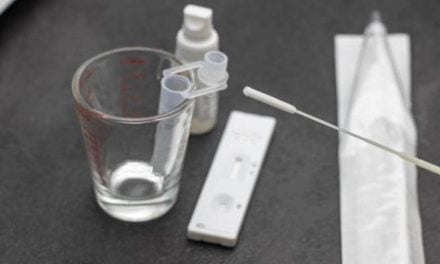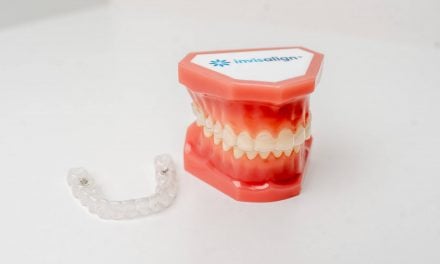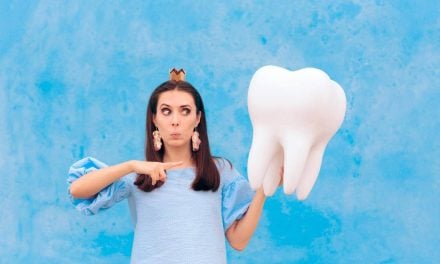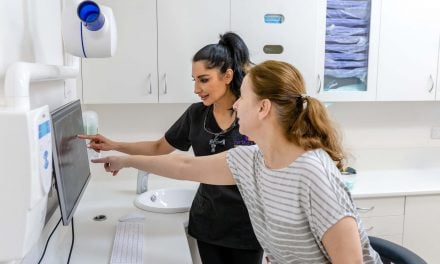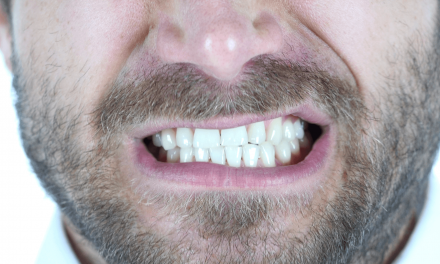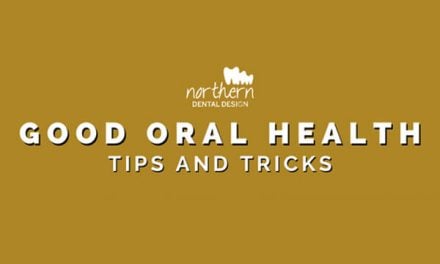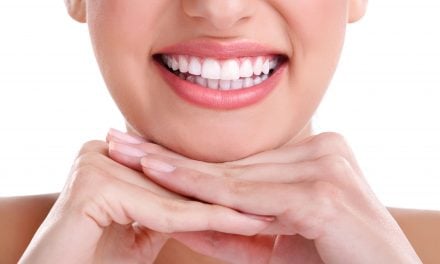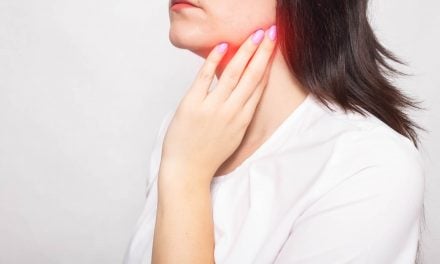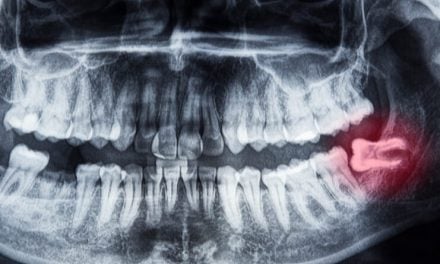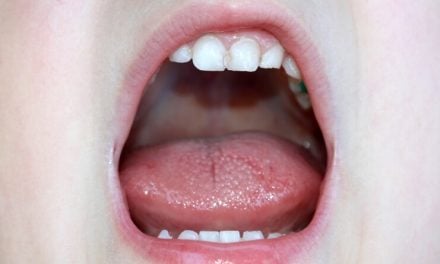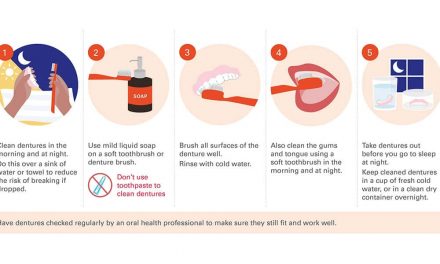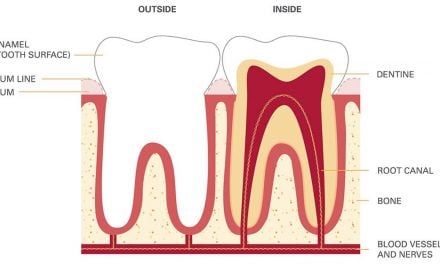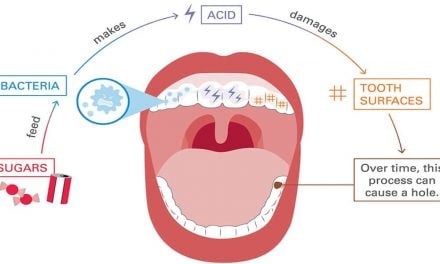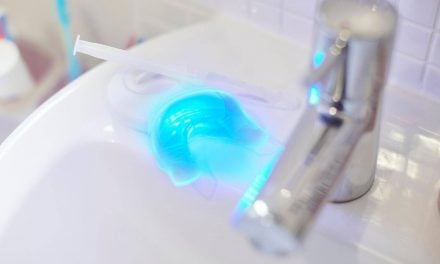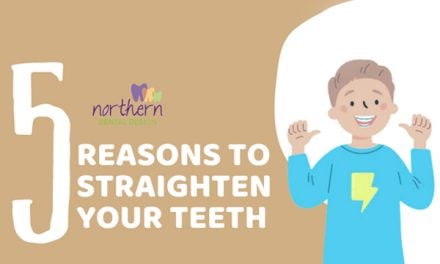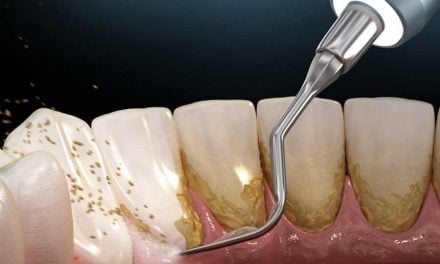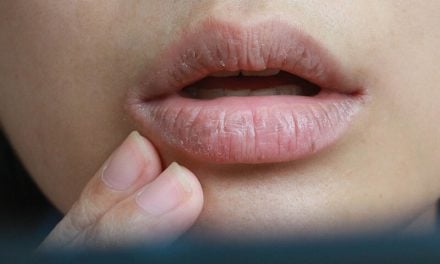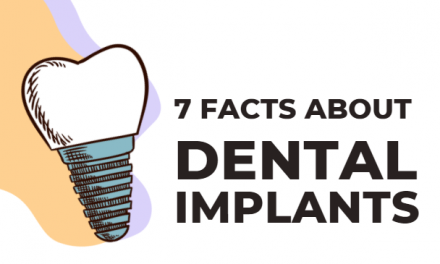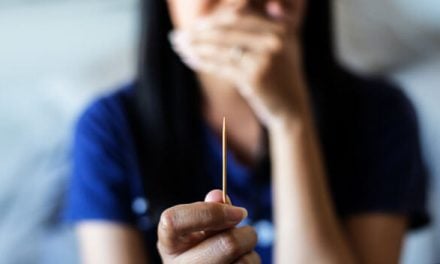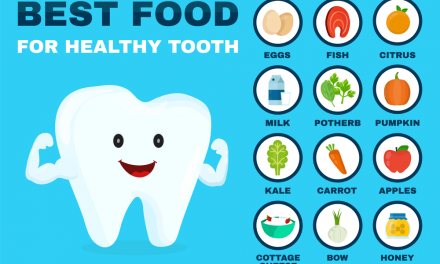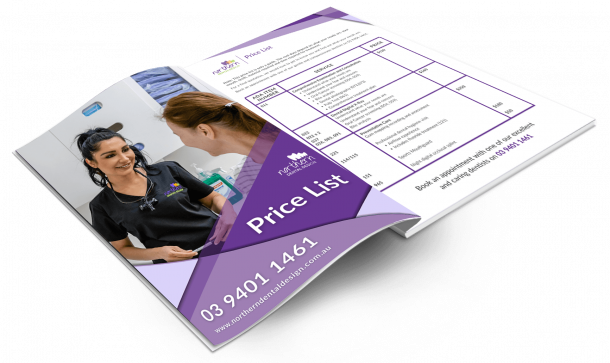Dentures

In the past, it was common to pull out natural teeth as soon as there was a problem and replace them with false teeth (dentures). These days, oral health professionals aim to help you keep your natural teeth for as long as possible.
With good care, teeth can last a lifetime. But even with good care, it may be necessary to get a full or part denture to replace damaged teeth at some point.
Dentures can help you to continue to eat and drink normally. They can also help to maintain your appearance if some of your teeth have become damaged or are missing.
Preparing for dentures
You may need to take some time to prepare yourself emotionally for getting dentures. Research has found that tooth loss can cause emotions such as grief, denial, anger and depression. You may feel a loss of self-confidence or feel self-conscious when eating, talking or smiling.
Speak with your oral health professional if you feel worried about getting dentures.
Types of dentures
There are two main types of removable dentures:
- full dentures – are used when all of the teeth in one jaw are missing. These dentures are made from plastic
- partial dentures – are made when there are some teeth missing, but other teeth remain. The denture replaces only the teeth that are missing. These dentures can be made from plastic, metal or a combination of both. They usually have little metal clasps which rest or grip on the natural teeth to hold the denture in place. It is important for your remaining teeth to be in good health, to support the part denture.
Making dentures
Dentures can be made for you by a dentist, dental prosthetist (advanced dental technician) or specialist prosthodontist.
Dentures are made specially to fit your mouth. This often means several dental visits before the denture is finished, to make sure that accurate measurements are taken, and the denture fits well.
There are a number of ways to have dentures made:
- A denture is made sometime after your teeth are removed. Measurements can be started usually two to three months after your teeth have been taken out. This allows time for the gum and bone to heal and settle and means that the denture should be a better fit from the start.
- Immediate dentures may be considered when you do not wish to be without teeth for two to three months. Denture measurements begin before the teeth are taken out so that the dentures are ready to be put in at the same time your teeth are removed. Changes to the bone after the teeth are removed may cause the denture to become loose over time and it may need to be adjusted within a few months to improve the fit.
- Dentures may need to be replaced after a period of time.
Your oral health professional can talk with you about which option might be best for you, based on your individual circumstances. They will also talk to you about wearing dentures, which might feel unusual and take a while to adjust to.
Eating with dentures may take a while to feel normal. Start by eating soft foods, eating them slowly, and cutting food into small pieces. Gradually you can introduce hard foods again, but you might not be able to eat all the same foods as before. The dentures may press on the gum tissues during eating, causing a sore spot. If this happens, return to your dentist as soon as possible for adjustments.
It will also take a while to get used to talking while wearing your dentures. You might sound slightly different, and you might hear your dentures ‘click’. See your oral health professional if you have difficulties that persist after a few weeks.
Complications of dentures
You may experience some issues with your dentures. See your oral health professional if you have:
- pain
- dentures that don’t fit well or are uncomfortable
- loose teeth
- bleeding gums
- swelling
- ulcers (sores) that last more than two weeks
- a gum abscess (pus-filled sore on the gum)
- soreness or cracks in the corner of your mouth
- bad breath.
Ask your oral health professional how often you need to have your dentures checked.
Caring for your dentures and your mouth
It is important to look after your dentures to keep your mouth healthy. Clean your dentures in the morning and before bed. You may also like to rinse them in cold water after meals.
Tips for cleaning your dentures:
- Take the denture out of your mouth.
- Brush all surfaces of the denture to remove food and plaque build-up. Use a denture brush with mild soap and water or denture paste. Toothpaste is not recommended because it can scratch dentures.
- Hold the denture gently but firmly. Do not hold the lower dentures at the ends as the pressure might cause them to snap.
- Clean dentures over a hand basin half-filled with water or covered with a towel. This means they won’t break if you drop them.
Don’t forget to gently brush any parts of your mouth that are normally covered by the dentures with a soft toothbrush. This includes your gums and the roof of your mouth.
Also, clean any remaining natural teeth when you remove your dentures. Use a toothbrush with a small head and soft bristles, and fluoride toothpaste.
It’s really important to take your dentures out before you go to bed. Leaving your dentures out overnight gives your mouth a chance to rest and recover. It also helps to prevent fungal infections.
After cleaning, dentures can either be kept in a cup of fresh cold water or a clean dry container. Rinse dentures under fresh cold water before putting them in again.
Other things you can do for a healthy mouth
Other things you can do for a healthy mouth include:
- Enjoy a wide variety of nutritious foods from the five food groups every day.
- Drink plenty of tap water.
- Avoid sugary foods and drinks, especially between meals.
- Have regular dental check-ups. (Ask your oral health professional how often you need to have a check-up).
- If you take medication, ask your doctor, pharmacist or oral health professional if it will affect your mouth.
- Quit smoking.
Where to get help
- Your dentist
- Dental Health Services Victoria provides public dental services through the Royal Dental Hospital Melbourne and community dental clinics, for eligible people. For more information about public dental services Tel. (03) 9341 1000, or 1800 833 039 outside Melbourne metro
- Australian Dental Association ‘Find a Dentist’ search function.
- Your dental prosthetist
- Your GP (doctor)
Click here for the original article.
DISCLAIMER:
The content has been made available for informational and educational purposes only. Northern Dental Design does not make any representation or warranties with respect to the accuracy, applicability, fitness, or completeness of the content.
The content is not intended to be a substitute for professional personal diagnosis or treatment. Always seek the advice of your dentist or another qualified health provider with any questions you may have regarding a dental or medical condition. Never disregard professional advice or delay seeking it because of something you have read or seen on the Site.

